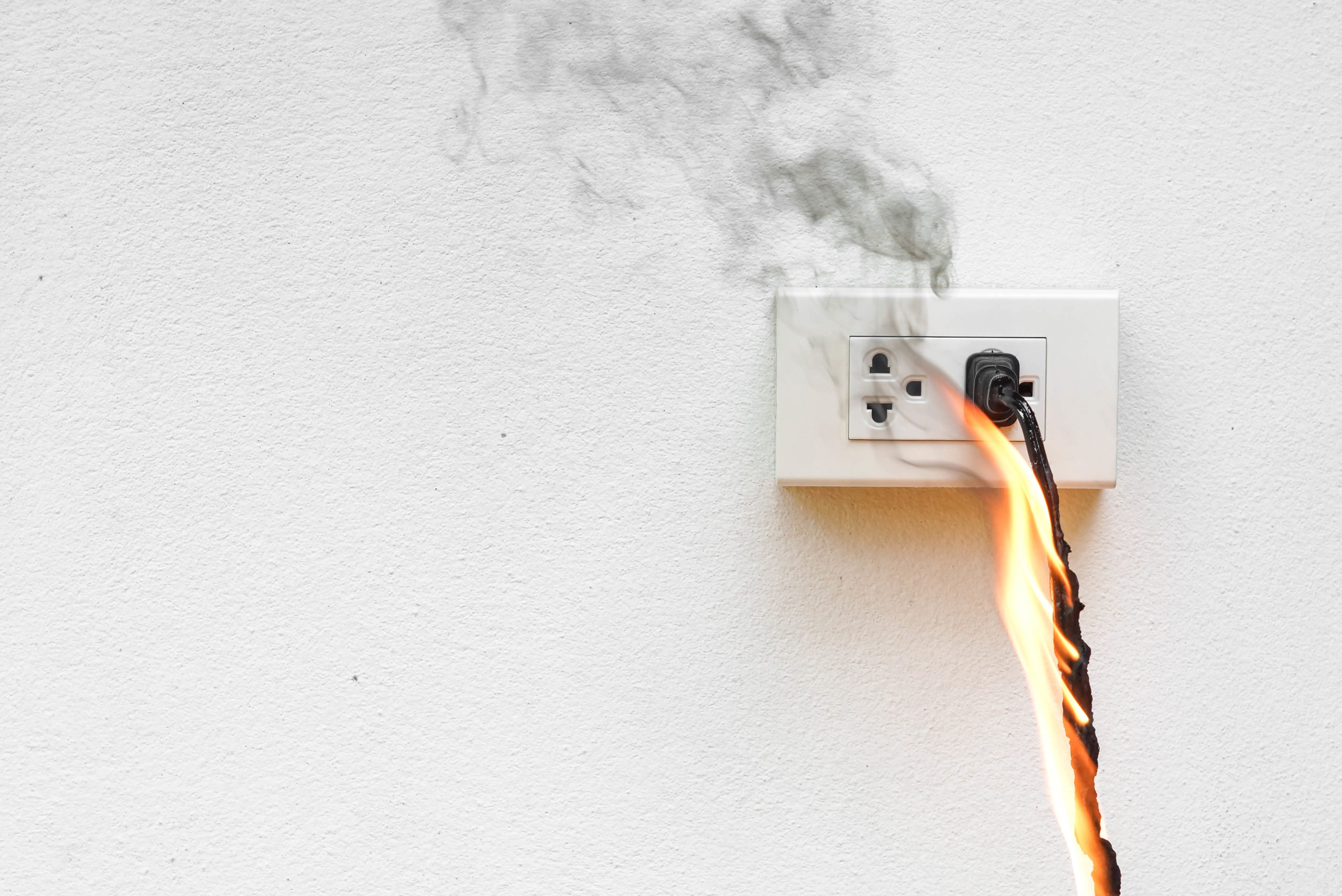Fire Prevention for Homeowners
0 Comments

At the Donegal Insurance Group, we’ve been providing fire insurance for over 130 years. We’ve seen countless fire losses that could have been avoided if just a small measure of attention was given to prevention and safety.
Here are a few common causes of fires and how to prevent them:
Fire Risks in the Kitchen
- Avoid leaving food unattended when cooking.
- Pay special attention to hot grease or oil.
- Always supervise children in this kitchen.
- Keep a fire extinguisher nearby.
- Never use water on a grease fire! Salt or baking soda can be used to extinguish a fire or smother a fire in a pan by putting a lid on it.
Wood/Coal/Pellet Stoves or Fireplace Inserts
- Make sure your stove or insert has a “UL” label on it.
- Make sure your stove was installed properly by a contractor, according to NFPA standards for proper clearances, floor covering, wall covering, flue and chimney.
- Your chimney should be cleaned regularly, especially at the beginning of the cold weather season.
- Never use homemade stoves, which are a common cause of fires.
- Don’t install or use stoves in a garage; they can contact combustible materials more readily.
Candles/Potpourri Burners
- Burn candles and potpourri only when you are in the room.
- Keep open flames away from curtains and other combustible materials.
Outside Burning and Bonfires
- Don’t start open fires when the ground and surrounding vegetation is dry.
- Large brush piles shouldn’t be burned when winds are stronger than a gentle breeze.
- Always have a strong water source ready in case a fire begins to get out of control.
- Stay with the fire at all times!
- When finished, rake through the ashes to ensure that all coals are cooled.
Other Considerations
- Install lightning rods to reduce possibility of fire by lightning strike.
- Be sure that your home’s wiring is updated and able to handle electrical loads.
- Don’t overload circuits. Breakers trip and fuses blow when overloaded.
- If you have an older heating system, get it checked by a professional for safety.